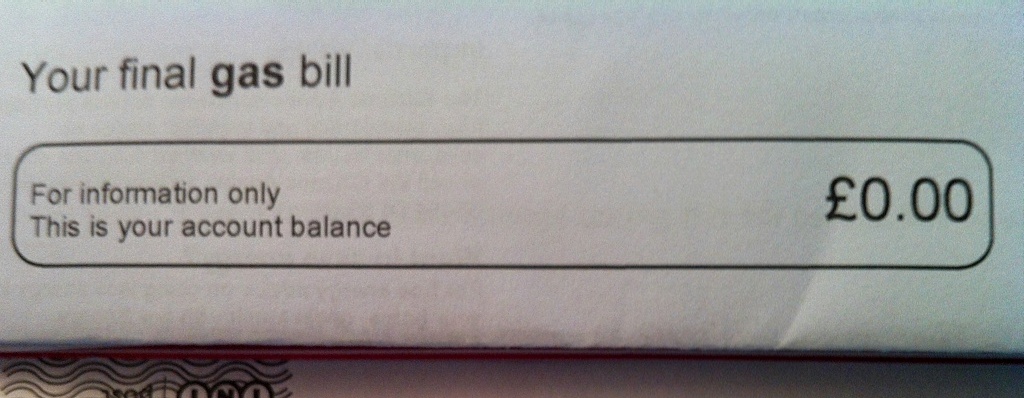No comment needed.
Daily Archives: June 28, 2013
Solutionism rules OK
My favourite newsagent has begun selling coffee. Today, a sign has appeared outside his premises. It’s headed “Coffee Solutions!” and includes a list of the various kinds of coffee on offer inside. Which led me to think about what kind of problem is it to which coffee is a ‘solution’? Sleepiness? Boredom? The need for a break from work?
Of course, in a literal sense coffee is a solution — defined as “a homogeneous mixture composed of only one phase”. But I don’t think that’s the sense envisaged by the person who composed the newsagent’s notice. S/he was simply parroting the almost-ubiquitous abuse of the term in contemporary commercial life. Once upon a time, people sold products or services. Nowadays they sell only solutions.
And ‘solutionism’ (to use Evgeny Morozov’s term) is everywhere in the tech industry.
If a ‘solution’ is “a means of solving a problem”, then often it isn’t really a big deal. Many years ago, Donald Schön, in a wonderful book entitled The Reflective Practitioner: How Professionals Think in Action (Arena), pointed out that, in the grand scheme of things, problems are not the biggest difficulties that confront us. That’s because, in essence, a ‘problem’ is a pretty straightforward thing: a perceived discrepancy between a known present state and a known desired state. It may be difficult to find a ‘solution’ but at least in principle it’s clear what needs to be done.
Most of the really difficult, intractable things in organizational, political and ordinary life, however, do not fit that description, because we usually are unsure or in disagreement about where we are, and even more so about where we want to go. They are not ‘problems’ but something else: messy, unclear, contentious. And what professionals do, Schön argued, is to take these messy difficulties and do some work on them to extract some of their constituent ‘problems’ for which known solutions exist.
So, for example, if I want to write a Will that will be fair to my children from different marriages and wish to minimise the amount of inheritance tax that they will pay, I take that to a lawyer who will analyse my current situation and my (vague) wishes and suggest some legal ‘solutions’ (perhaps Trusts) which will meet some of my needs or desires.
In Schön’s view, therefore, professionals are not problem-solvers, but problem-creators. Reading his book changed my life, because it made me look at the occupational world in an entirely new way.
And, having written all that, I definitely need a coffee.
What Ed Snowden has achieved so far
Roger Cohen has a terrific column in today’s International Herald Tribune listing the things we wouldn’t have known if Edward Snowden hadn’t revealed them.
Here’s a summary of Cohen’s list:
We would not know:
We would not be:
We would not have:
In short, without Snowden’s revelations we would not be having
a long-overdue debate about what the U.S. government does and does not do in the name of post-9/11 security — the standards applied in the F.I.S.A. court, the safeguards and oversight surrounding it and the Prism program, the protection of civil liberties against the devouring appetites of intelligence agencies armed with new data-crunching technology — would not have occurred, at least not now.
That just about nails it.

